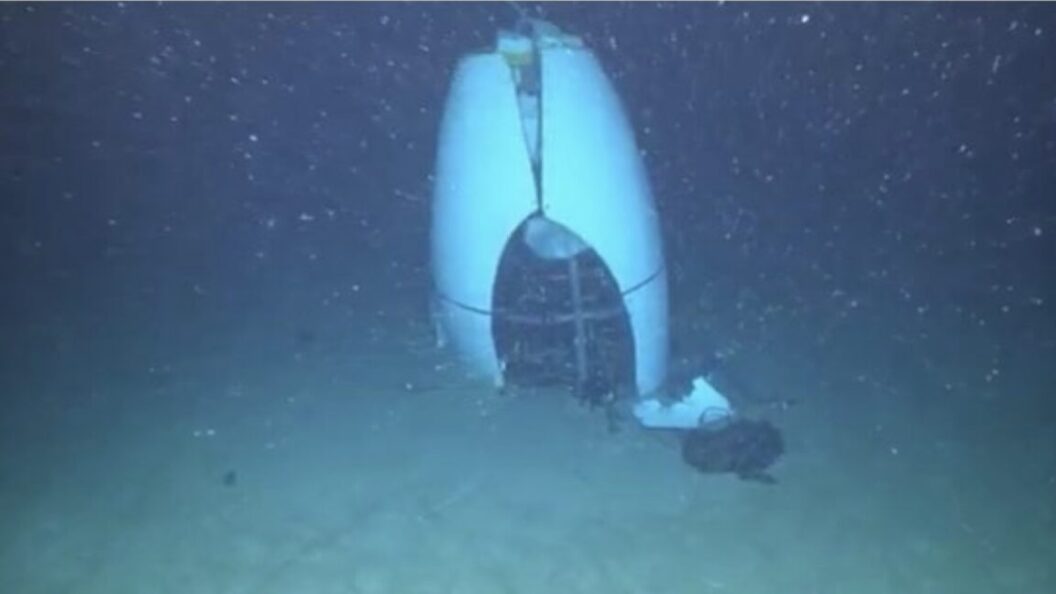U.S. Coast Guard Report on OceanGate’s Titan Submersible Catastrophe
In a comprehensive report released today, the U.S. Coast Guard has scrutinized the 2023 implosion of the Titan submersible, leading to devastating conclusions about the operational practices of OceanGate and its CEO, Stockton Rush. The findings reveal alarming safety flaws, a toxic workplace environment, and serious lapses in regulatory compliance that culminated in a tragedy during a dive to the Titanic wreck.
Key Findings of the Report
According to the 300-page report, OceanGate’s Titan submersible was characterized as "undocumented, unregistered, non-certificated, [and] unclassed." The report goes on to claim that Rush ignored critical inspections, data analyses, and preventative maintenance protocols. This negligence ultimately contributed to a catastrophic event in which 5,000 pounds per square inch of water pressure overwhelmed the vessel, leading to the death of its five occupants. The report unequivocally states that had Rush survived the incident, he would have faced prosecution.
The report highlights several concerning aspects of OceanGate’s operations, including the use of "intimidation tactics" to circumvent regulatory oversight and a "critically flawed" safety culture. The investigation indicated that employees at OceanGate experienced a stressful and dangerous work environment, raising further questions about the ethical management practices of the company.
A Toxic Work Environment
In detailing the workplace conditions at OceanGate, the report describes a toxic culture under Rush’s leadership. Employees reported feeling pressured to comply with risky operational practices, often in the face of inadequate training and support.
One revealing anecdote included in the investigation recounts an incident involving a video game controller used to operate the Titan. During a 2022 interview segment, Stockton Rush demonstrated the controller, which had been used for years to pilot various submersibles. However, the report describes an incident where Rush displayed a lack of composure and refused assistance under pressure while managing a similar situation with the earlier model, Cyclops I. This episode ended with Rush allegedly throwing the controller at a colleague, further exemplifying the volatile nature of his leadership style.
Context of the Incident
The Titan submersible aimed to explore the Titanic wreck, drawing significant attention and investment. However, as the report highlights, the ambition of such exploratory missions must not come at the expense of safety and compliance. The OceanGate case raises essential questions concerning the responsibility of companies in high-risk fields, particularly in ensuring that both regulatory standards and worker safety protocols are faithfully upheld.
Controversial Leadership Practices
Although some may view Stockton Rush as a visionary in deep-sea exploration, this report paints a starkly different picture of his leadership tactics. It raises important ethical questions about how personal temperament and management style can directly impact safety in environments where human lives are at stake. The juxtaposition of ambition with reckless disregard for safety standards underscores the importance of rigorous oversight in exploratory ventures.
Conclusion: Implications for the Industry
As the dust settles on this tragic incident, the implications of the U.S. Coast Guard’s report reverberate throughout the diving and deep-sea exploration community. Regulatory agencies may soon impose stricter oversight on similar projects, pushing for a reevaluation of safety practices within the industry. The findings also call for a reassessment of what constitutes responsible leadership, particularly in sectors characterized by inherent risks.
The conclusion of this investigation marks a pivotal moment not only for OceanGate but also for the broader conversation regarding safety, compliance, and ethical leadership in high-stakes industries. The loss of five lives during what was meant to be an intriguing exploration serves as a stark reminder of the consequences when safety protocols are overlooked.
As attention turns towards future exploratory missions, there is now a pressing need for companies to embrace transparency and accountability, ensuring that such a tragedy is not repeated.









